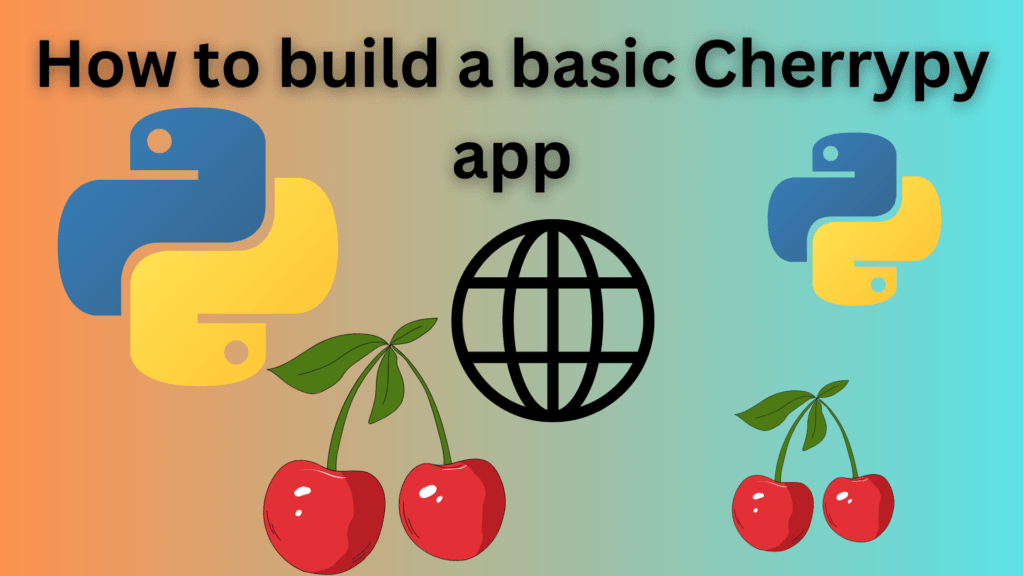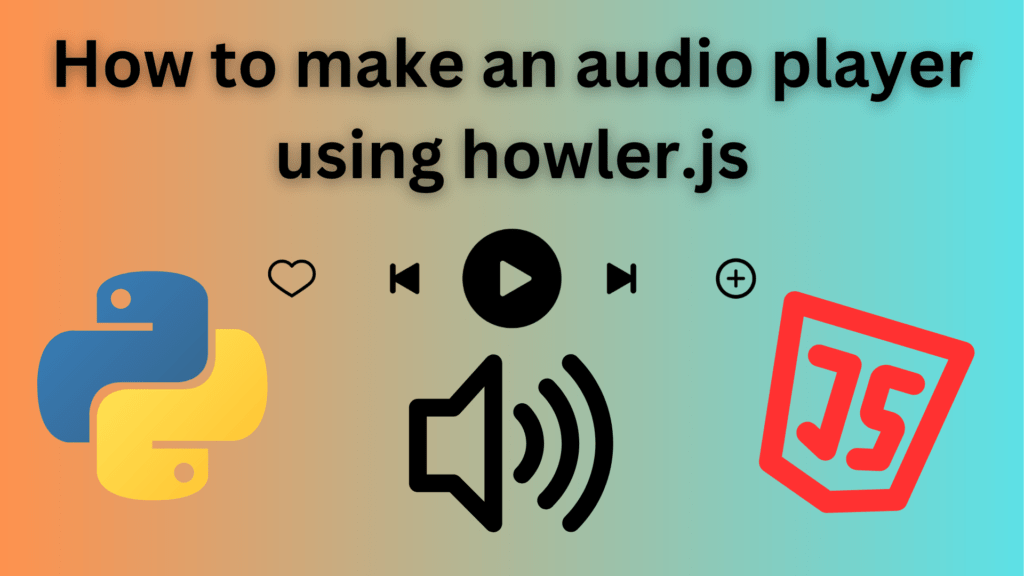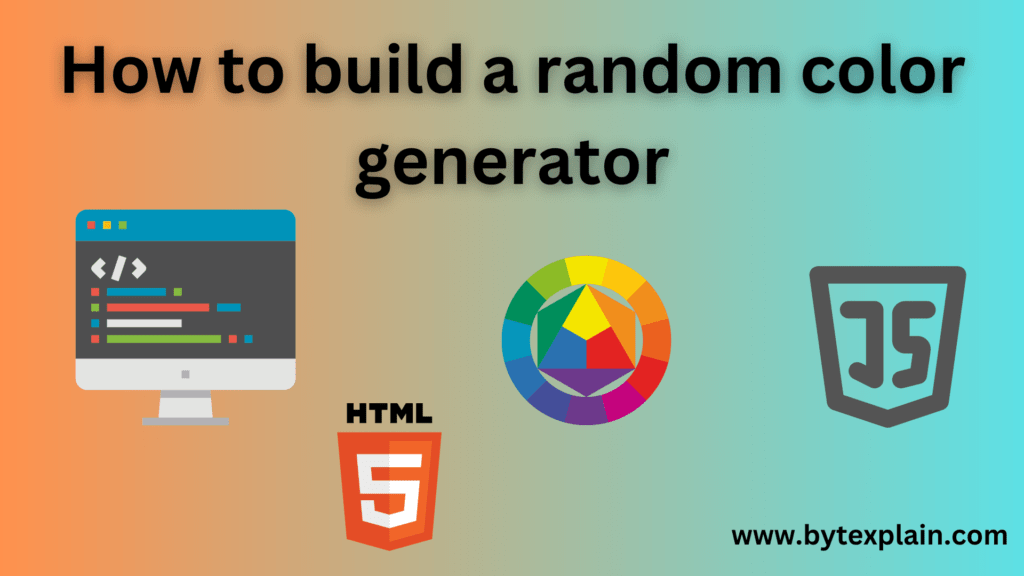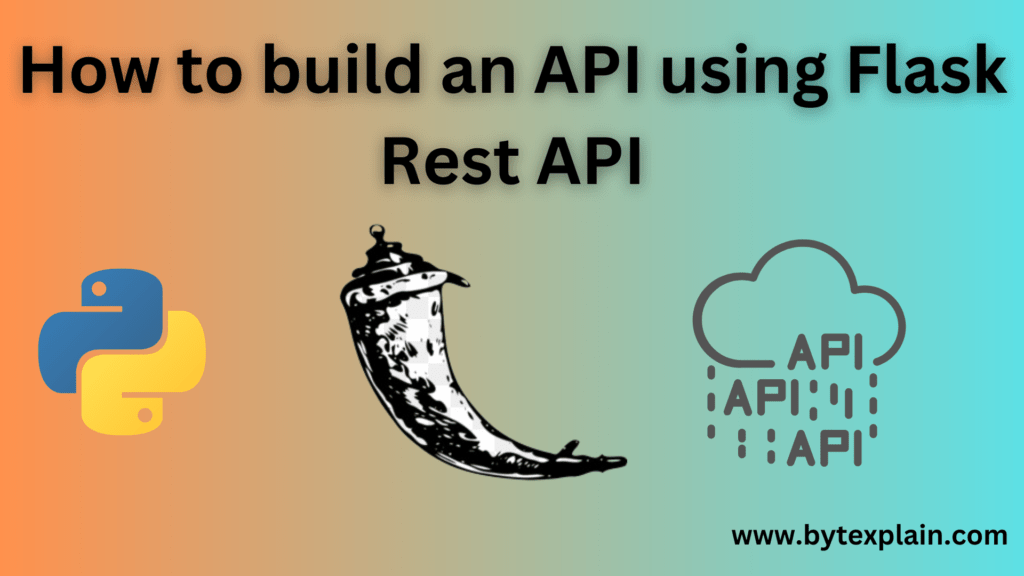As remote work and cloud-based development gain traction, the demand for online code editors has skyrocketed. These editors provide developers with flexibility, allowing them to code directly in a browser without needing to install heavy software on their local machines. Whether you’re looking for a collaborative environment or just want to code on the go, online code editors can be an ideal solution. In this blog, we’ll explore the 10 best online code editors that are popular among developers in 2024.
Table of Contents
1. Visual Studio Code Online (VS Code Online)
VS Code Online is the cloud version of the widely popular Visual Studio Code. It provides a full-featured development environment directly in your browser, with support for all the extensions available on the desktop version. With real-time collaboration features, integrated Git, and intelligent code completion, VS Code Online is perfect for developers who need flexibility while maintaining powerful coding capabilities.

- Pros: Full-featured, excellent extension support, real-time collaboration.
- Cons: Requires a stable internet connection for optimal performance.
Read Also : Top 20 Penetration Testing Tools for 2024
2. CodePen
CodePen is one of the most well-known online code editors for front-end web development. It allows developers to write HTML, CSS, and JavaScript and view the results in real time. CodePen is great for quick prototypes, code snippets, and experimenting with new technologies. Additionally, it has a large community where developers can share and learn from each other’s code.

- Pros: Great for web development, active community, live previews.
- Cons: Limited back-end support, mostly for front-end development.
3. Replit
Replit is an all-in-one online code editor that supports a wide range of programming languages, from Python to JavaScript and even C++. Replit allows developers to code, test, and deploy applications entirely in the cloud. It also includes collaborative features, making it ideal for pair programming and group projects.

- Pros: Multi-language support, collaborative coding, cloud deployment.
- Cons: May lack advanced features for certain languages.
4. JSFiddle
JSFiddle is another popular choice for front-end developers. It’s a simple, easy-to-use online code editor where you can write HTML, CSS, and JavaScript and instantly see the results. JSFiddle is excellent for creating code demos and sharing snippets with other developers.

- Pros: Simple interface, instant previews, easy sharing.
- Cons: Limited to front-end coding, lacks back-end support.
5. Glitch
Glitch is a cloud-based development platform that allows developers to create full-stack web applications. With an intuitive interface, Glitch makes it easy to build, share, and remix projects. It’s especially useful for beginners and developers working on small to medium-sized projects. Glitch also includes real-time collaboration features, making it suitable for team-based development.

- Pros: Full-stack support, easy to use, real-time collaboration.
- Cons: Best for smaller projects, may lack advanced features for larger applications.
6. JSBin
JSBin is another lightweight online code editor for front-end developers working with HTML, CSS, and JavaScript. It offers real-time collaboration and live previews, making it a great tool for quick prototyping and debugging. While it doesn’t provide back-end support, JSBin is perfect for those who need to experiment with front-end code.

- Pros: Real-time collaboration, fast and lightweight, great for debugging.
- Cons: Limited to front-end development.
7. StackBlitz
StackBlitz is a powerful online code editor tailored for Angular, React, and Vue.js development. It allows developers to build full-stack applications entirely in the browser, with support for real-time collaboration and instant previews. StackBlitz provides a fast, responsive coding environment and integrates directly with GitHub, making it easy to sync your projects.

- Pros: Tailored for modern JavaScript frameworks, fast, GitHub integration.
- Cons: Primarily focused on front-end frameworks, limited back-end support.
8. AWS Cloud9
AWS Cloud9 is a fully-featured online code editor provided by Amazon Web Services. It supports over 40 programming languages and includes an integrated terminal, debugger, and Git support. Cloud9 is perfect for developers working on cloud-based applications, especially when integrated with other AWS services. It’s an ideal choice for teams working on large-scale, cloud-based projects.

- Pros: Full-featured IDE, multi-language support, integrates with AWS services.
- Cons: Complex interface, best suited for AWS users.
9. CodeSandbox
CodeSandbox is a versatile online code editor that supports a wide range of front-end frameworks, including React, Vue.js, and Angular. It allows developers to quickly prototype and build full-stack applications. CodeSandbox has an active community, and its built-in features make it easy to share projects and collaborate with other developers.

- Pros: Great for modern JavaScript frameworks, fast prototyping, collaborative.
- Cons: Limited to web development, lacks some advanced features for large-scale projects.
10. Gitpod
Gitpod is a cloud-based online code editor that integrates seamlessly with GitHub and GitLab, allowing developers to instantly create a development environment for any repository. With built-in support for various languages and frameworks, Gitpod makes it easy to contribute to open-source projects or quickly spin up new coding environments.

- Pros: Seamless GitHub/GitLab integration, multi-language support, instant development environments.
- Cons: Can be resource-intensive, best suited for experienced developers.
Conclusion
In 2024, the landscape of online code editors is more vibrant and varied than ever. Whether you’re a front-end developer looking to prototype quickly or a full-stack developer working on cloud-based applications, there’s an online code editor that fits your needs. From powerful tools like AWS Cloud9 and Gitpod to user-friendly platforms like CodePen and Replit, developers have plenty of options to choose from.
Each of these online code editors offers unique features that cater to different types of development work. As more companies and developers move towards remote work and cloud-based solutions, the role of online code editors will only grow, providing flexibility and accessibility to coding environments anytime, anywhere.
By experimenting with these platforms, you can find the one that aligns best with your development workflow, helping you code more efficiently and effectively.












